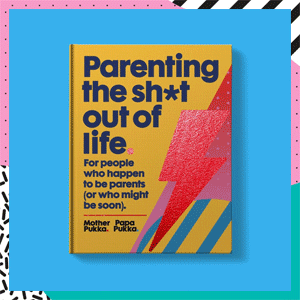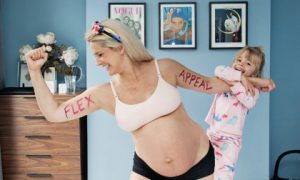With the corporate hot air blowing around International Women’s Day, I wanted to speak to someone who could cut through the blather. Professor Sue Vinnicombe is the professor of women and leadership at Cranfield School of Management and heads their brilliant report on the progress of women on FTSE boards
“We write a lot about the myth of meritocracy. That actually it’s who you know and who’ll personally sponsor you,” says Sue Vinnicombe, and I think most of us will recognise that already.
That you can get all the qualifications, prep the shiniest PowerPoints and smile nicely round the water cooler but ultimately, it’ll still come down to who’s best pals with the boss.
Since 1999, Cranfield has been compiling its annual Female FTSE Board Report, which monitors how many women the UK’s biggest firms have in board-level leadership roles.
This year, it reveals another mix of steady progress and staggering under-representation. This year’s report, looking back over 2021, shows that 38% of FTSE 100 directors are now women (up from 34.5% last year), and 44% of NEDs are female.
But just eight of 100 CEO were women, and only 15 of 100 chairs. So why aren’t women making the final step to the very top jobs?
“One of the things I feel very passionate about is job flexibility,” says Vinnicombe. “And one the reasons we don’t see women in these very top roles – CEO, FD and so on – is that actually they don’t find the roles very attractive. They’re huge roles and I wonder why we don’t offer job sharing: two very strong people coming together, double the skill set in an executive role.”
One of her areas of expertise is ‘women’s leadership styles’ and I want to know what this means. There is a lot of research to suggest that having women at the top of an organisation has a positive impact on profitability, but I wonder what it is that women do differently.
“We’ve found they’re remarkably similar in leadership style to the men and when you think about it that’s how they got to the top – they had to emulate the men,” she says. “And it was very interesting to see how many of the women PMs and presidents had managed Covid very effectively, and that hadn’t all done it in the same way. If you take Merkel it was v much on a scientific basis, whereas the New Zealand PM [Adern] was very much from her compassion and her empathy so we saw some very different styles. And if we take anything from that it’s that women don’t have to emulate any particular style.”
The reasons women don’t often make the final step will be depressingly familiar to most of us, much of it coming down to the perception that women – regardless of their performance – will be likely to leave at a certain point to raise kids or at least step back a little from working life.
“We’ve done a lot of research on why women aren’t considered – women who get very good performance appraisals year after year – and some managers have actually been heard to say, ‘Well there’s no point in promoting her because she’s obviously going to have kids, she’s at that age'”.
So how do we break through that thinking? For Vinnicombe, part of the answer involves looking lower down an organisation. “The percentage of women directors at the top has increased dramatically over the past 20 years,” she says. “If there are 40% women at the top of the organisation, when a manager at the end of the year explains their promotions, there ought to be 40% women included, and if their aren’t they should be asked to explain that.”
For her, one solution is mandating by law that fathers must take parental leave, because, “when you set up routines of sharing care in those early years you set up routines for life.”
And the risk remains that if measure but don’t act, then nothing much will change. So her advice to aspiring female leaders is simple – go where you can see change happening.
“I always say to young women when you’re changing jobs, look at a company and look up to see where women are.”
You can hear our full chat right here.
SPONSORED POST
I was paid for my time as an interviewer for this sponsored blogpost by Cranfield.













